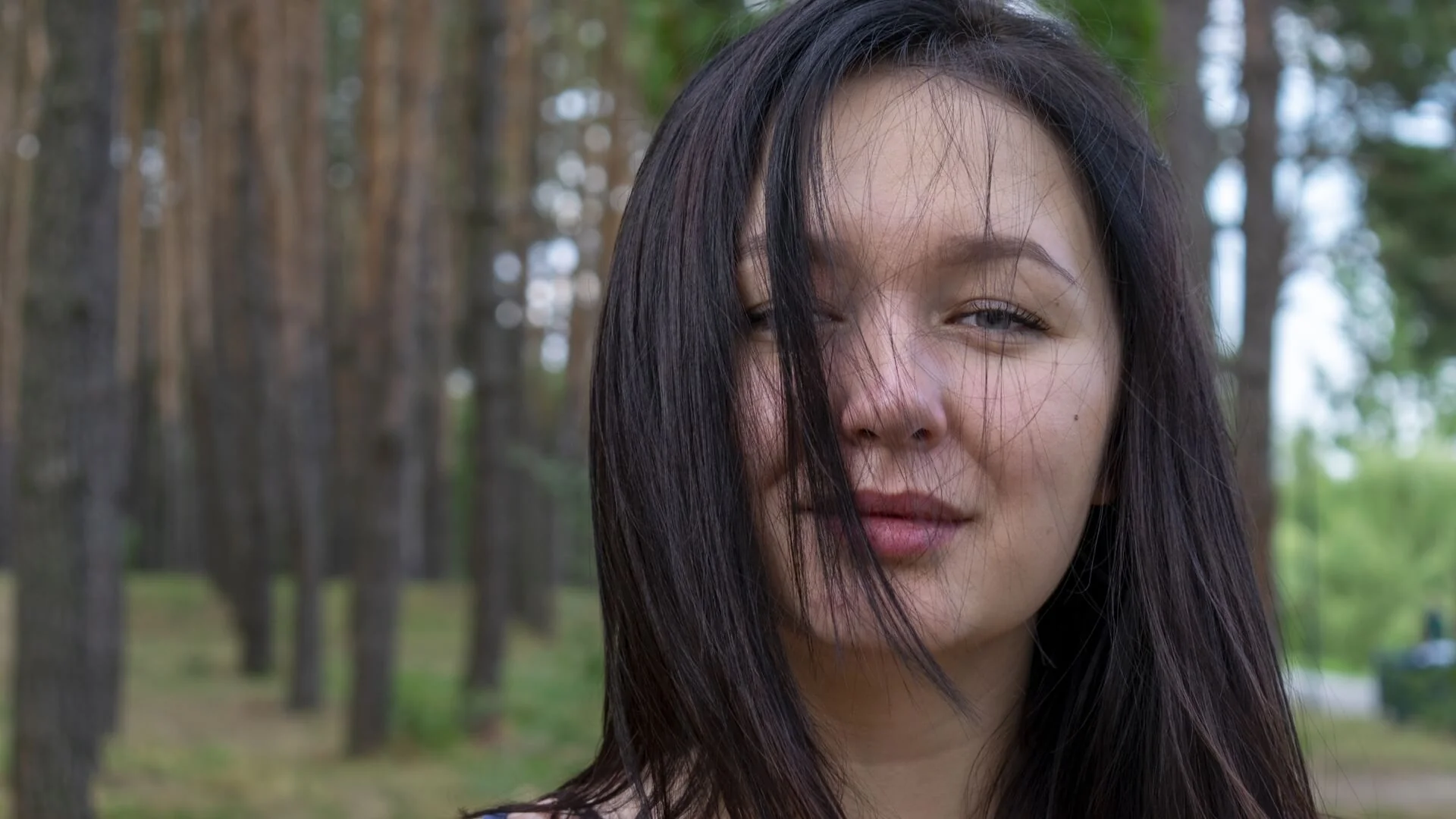
If you suspect that you or someone you love could be addicted to Mescaline, then it’s important that you know everything about the drug.
Here you will be able to find out what the drug Mescaline is, what are the side effects of excessive use of it is and what can be done to treat someone addicted to it.
What is Mescaline?
Mescaline is a central nervous system stimulating drug that originates from a Mexican cactus called Peyote.
The drug has an historic background, as the North American Indians and the indigenous people used it in their ceremonies and other religious rituals.
While the drug might not be physically addictive, excessive use of it may cause psychosis and other hallucinatory effects.
Usually taken orally, Mescaline may also be taken intravenously through injections.
The effects of Mescaline may last for anything between five and twelve hours, however this will vary due to the amount taken.
Signs and Symptoms of Mescaline Addiction
If you are unsure of how you will be able to determine if you or a loved one is addicted to Mescaline, look out for these signs below.
The physical effects of the drug may range from increased blood pressure and heart rate, nausea, heavy sweating, increased body temperature and blood sugar levels as well as the dilation of the pupils in the eye.
The mental effects of Mescaline use may be anything from visual hallucinations to changes in consciousness. Feelings of pleasure, anxiety and disgust may also be experienced.
Other effects include the individual to be in a dream-like state and excessive laughter.
When used in high doses, Mescaline may cause the blood glucose levels in the body to decrease and the individual may become unconscious. More seriously, addiction to Mescaline can be fatal as the person can suffer from respiratory or heart failure.
Mescaline Addiction Treatment
If you linked any of the above symptoms to you or someone close to you, seek professional medical help immediately.
The best way to help is by attending inpatient treatment, which consists of a residential stay at a rehabilitation centre, where a supervised medical detoxification may be done and the recovering addict will be shown ways on how to avoid using Mescaline in the future through counselling and therapy.
Once that has been completed, there is Secondary Care available in the form of outpatient treatment and Halfway Houses, which help avoid a relapse occurring, which is most prevalent once the recovering individual has been discharged from rehabilitation.
Tertiary Care is also available for those looking to continue their therapy and is highly effective in ensuring that the recovering addicts remain sober.
For more information regarding rehabilitation, call us now and our qualified Addictions Counsellor will find the best treatment available for you or a loved one.